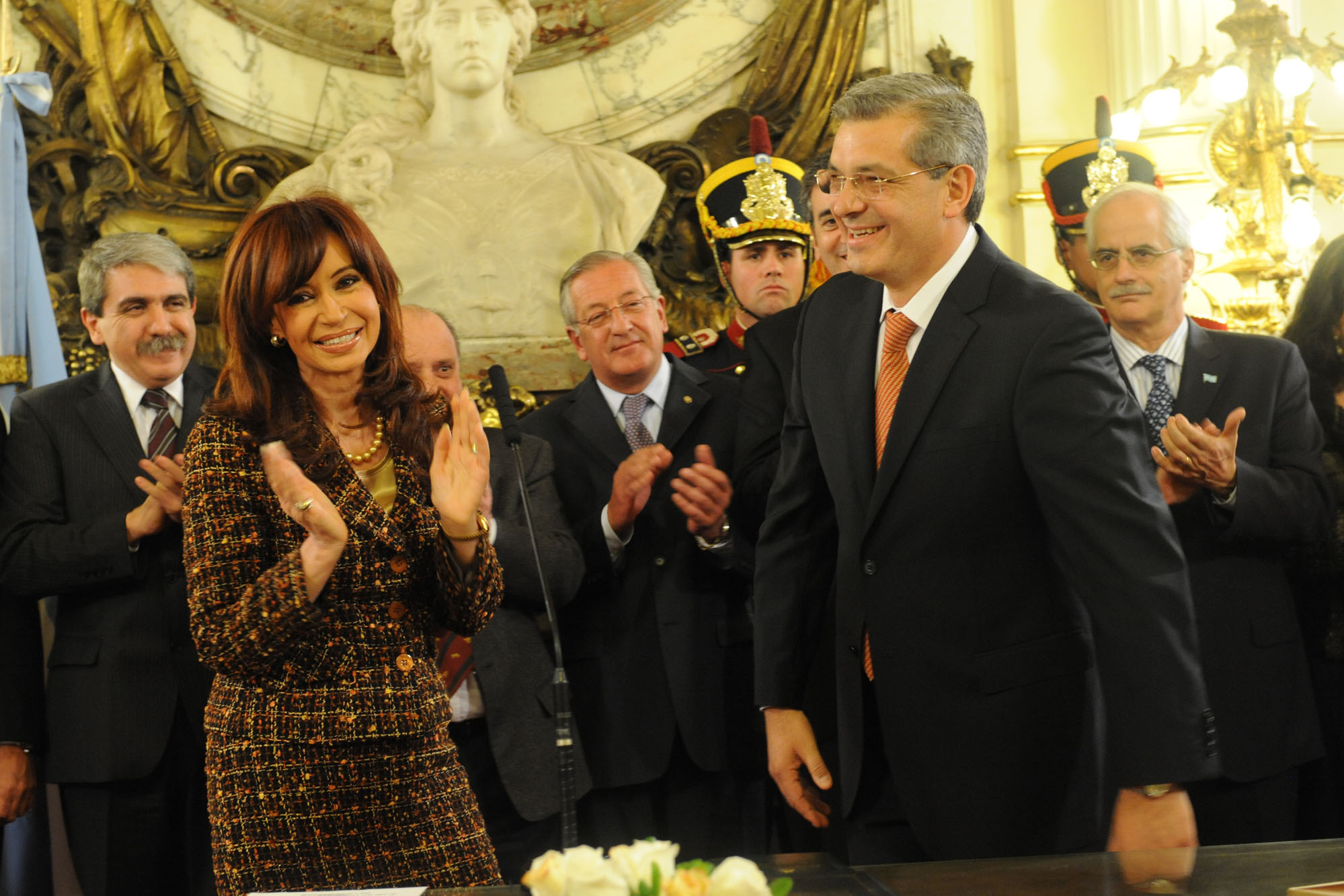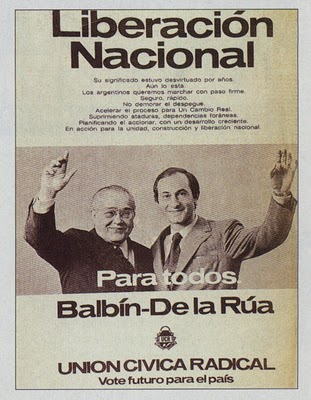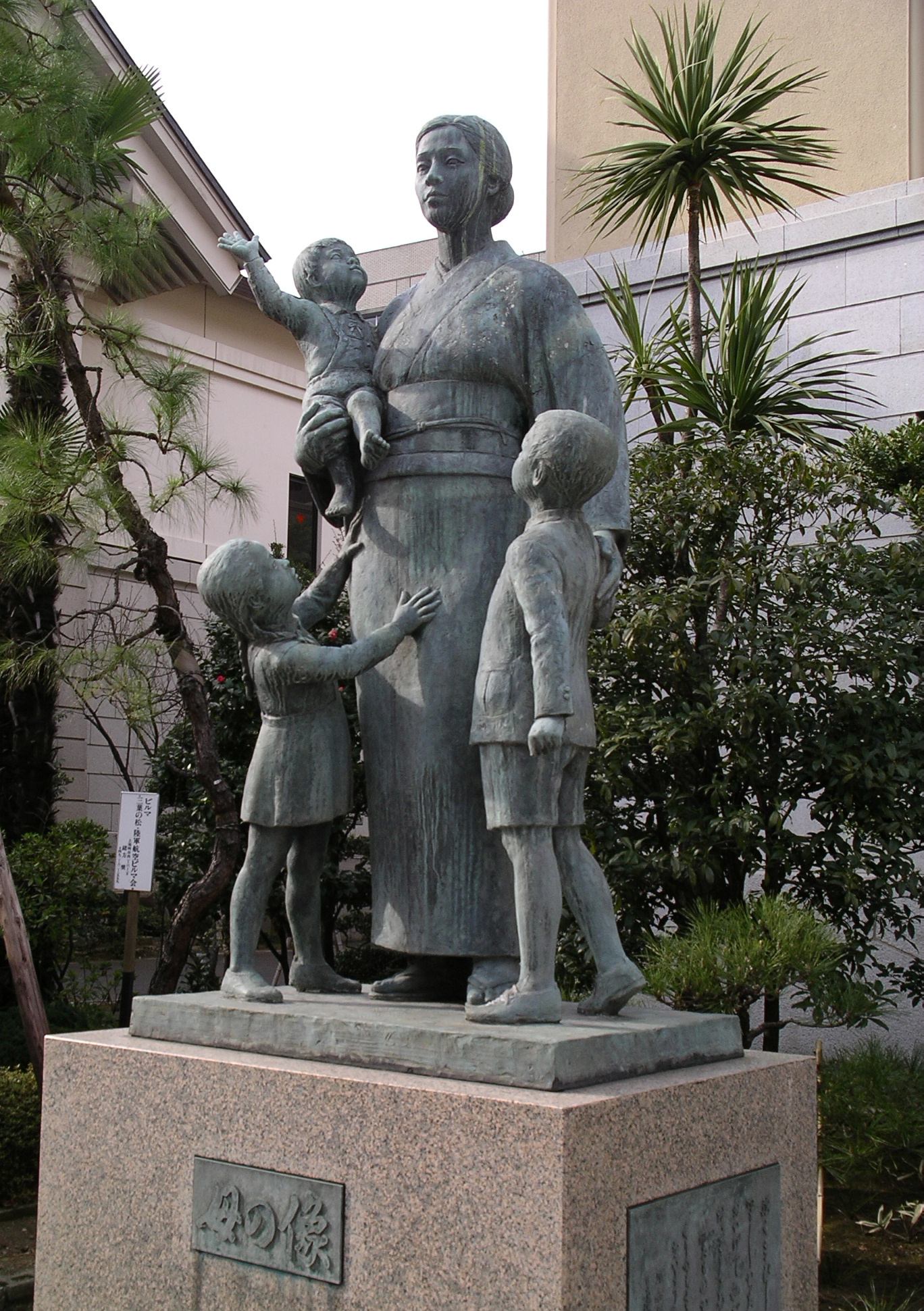|
Julián Domínguez
Julián Andrés Domínguez (born 24 November 1963) is an Argentine Justicialist Party politician of the Justicialist Party. He was twice Minister of Agriculture, in the cabinets of presidents Alberto Fernández (2021–2022) and Cristina Fernández de Kirchner (2009–2011). From 2011 to 2015, he was President of the Argentine Chamber of Deputies. Early life and career Domínguez was born in the Buenos Aires Province town of Chacabuco, located in the heart of the Pampas and the Argentine maize belt. His grandparents were smallholders, and made artisanal honey, jams, and cheeses. His mother, Nélida Olivetto, raised young Julián as a single mother, and worked at the grade school he attended. He enrolled at the University of Buenos Aires and entered Law School, though without ultimately earning a degree. He married Claudia Moreno, with whom he had four children and adopted a fifth. Domínguez entered public service in 1989 as head of the board of advisors of the Buenos Aire ... [...More Info...] [...Related Items...] OR: [Wikipedia] [Google] [Baidu] |
Ministry Of Agriculture (Argentina)
The Ministry of Agriculture, Livestock and Fisheries ( es, link=no, Ministerio de Agricultura, Ganadería y Pesca; MAGyP) of Argentina, commonly known simply as the Ministry of Agriculture, is a ministry of the national executive power that oversees production, commerce and health regulations in the agricultural, livestock and fishing industries. The Ministry of Agriculture is one of the oldest portfolios in the Argentine government, having existed – under various names and incarnations – since 1898, when it was created by President Julio Argentino Roca. The ministry's current full name was adopted in 2019. The current minister of agriculture is Julián Domínguez, since 20 September 2021. History The Ministry of Agriculture of Argentina was first established in 1898 through Law 3727 enacted by President Julio Argentino Roca following the 1898 constitutional reform; the first minister responsible was Emilio Frers, a lawyer and businessman and member of the Sociedad Ru ... [...More Info...] [...Related Items...] OR: [Wikipedia] [Google] [Baidu] |
Pampas
The Pampas (from the qu, pampa, meaning "plain") are fertile South American low grasslands that cover more than and include the Argentine provinces of Buenos Aires, La Pampa, Santa Fe, Entre Ríos, and Córdoba; all of Uruguay; and Brazil's southernmost state, Rio Grande do Sul. The vast plains are a natural region, interrupted only by the low Ventana and Tandil hills, near Bahía Blanca and Tandil (Argentina), with a height of and , respectively. The climate is temperate, with precipitation of that is more or less evenly distributed throughout the year, making the soils appropriate for agriculture. The area is also one of the distinct physiography provinces of the larger Paraná–Paraguay plain division. Topography This region has generally low elevations, whose highest levels do not exceed 600 metres (1,970 feet) in altitude. The coastal areas and most of the Buenos Aires Province are predominantly plain (with some wetlands) and the interior areas (mainly in the sou ... [...More Info...] [...Related Items...] OR: [Wikipedia] [Google] [Baidu] |
Casa Rosada
The ''Casa Rosada'' (, eng, Pink House) is the office of the president of Argentina. The palatial mansion is known officially as ''Casa de Gobierno'' ("House of Government" or "Government House"). Normally, the president lives at the Quinta de Olivos, the official residence of the president of Argentina, which is located in Olivos, Greater Buenos Aires. The characteristic color of the Casa Rosada is baby pink, and it is considered one of the most emblematic buildings in Buenos Aires. The building also houses a museum, which contains objects relating to former presidents of Argentina. It has been declared a National Historic Monument of Argentina. History The ''Casa Rosada'' sits at the eastern end of the Plaza de Mayo, a large square which since the 1580 foundation of Buenos Aires has been surrounded by many of the most important political institutions of the city and of Argentina. The site, originally at the shoreline of the Río de la Plata, was first occupied by the "Fort of ... [...More Info...] [...Related Items...] OR: [Wikipedia] [Google] [Baidu] |
Eduardo Duhalde
Eduardo Alberto Duhalde (; born 5 October 1941) is an Argentine Peronist politician who served as the interim President of Argentina from January 2002 to May 2003. He also served as Vice President and Governor of Buenos Aires in the 1990s. Born in Lomas de Zamora, he was elected for the local legislature and appointed ''intendente'' (mayor) in 1973. He was deposed during the 1976 Argentine coup d'état, and elected again when democracy was restored in 1983. He was elected vice-president of Argentina in 1989, under President Carlos Menem. Duhalde resigned as vice president and was elected Governor of Buenos Aires Province in 1991, and re-elected in 1995. He ran for president in 1999, being defeated by Fernando de la Rúa. De la Rúa resigned during the December 2001 riots, and Congress appointed the governor of San Luis Province Adolfo Rodríguez Saá as president. When Rodríguez Saá also resigned, Congress appointed Duhalde. During Duhalde's term in office, a huge currency ... [...More Info...] [...Related Items...] OR: [Wikipedia] [Google] [Baidu] |
Fernando De La Rúa
Fernando de la Rúa (15 September 19379 July 2019) was an Argentine politician and a member of the Radical Civic Union (UCR) political party who served as President of Argentina from 10 December 1999 to 21 December 2001. De la Rúa was born in Córdoba; he entered politics after graduating with a degree in law. He was elected senator in 1973 and unsuccessfully ran for the office of Vice President as Ricardo Balbín's running mate the same year. He was re-elected senator in 1983 and 1993, and as deputy in 1991. He unsuccessfully opposed the pact of Olivos between President Carlos Menem and party leader Raúl Alfonsín, which enabled the 1994 amendment of the Argentine Constitution and the re-election of Menem in 1995. De la Rúa was the first chief of government of Buenos Aires to be elected by popular vote, a change introduced by the amendment of the Constitution. He expanded the Buenos Aires Underground, adding new stations to Line D, starting the expansion of Line B, and est ... [...More Info...] [...Related Items...] OR: [Wikipedia] [Google] [Baidu] |
Enron
Enron Corporation was an American energy, commodities, and services company based in Houston, Texas. It was founded by Kenneth Lay in 1985 as a merger between Lay's Houston Natural Gas and InterNorth, both relatively small regional companies. Before its bankruptcy on December 2, 2001, Enron employed approximately 20,600 staff and was a major electricity, natural gas, communications, and pulp and paper company, with claimed revenues of nearly $101 billion during 2000. ''Fortune'' named Enron "America's Most Innovative Company" for six consecutive years. At the end of 2001, it was revealed that Enron's reported financial condition was sustained by an institutionalized, systematic, and creatively planned accounting fraud, known since as the Enron scandal. Enron has become synonymous with willful corporate fraud and corruption. The scandal also brought into question the accounting practices and activities of many corporations in the United States and was a factor in the enac ... [...More Info...] [...Related Items...] OR: [Wikipedia] [Google] [Baidu] |
Peronist
Peronism, also called justicialism,. The Justicialist Party is the main Peronist party in Argentina, it derives its name from the concept of social justice., name=, group= is an Argentine political movement based on the ideas and legacy of Argentine ruler Juan Perón (1895–1974). It has been an influential movement in 20th and 21st century Argentine politics. Since 1946, Peronists have won 10 out of the 13 presidential elections in which they have been allowed to run. The main Peronist party is the Justicialist Party. The policies of Peronist presidents have differed greatly, but the general ideology has been described as "a vague blend of nationalism and labourism" or populism. Perón became Argentina's labour secretary after participating in the 1943 military coup and was elected president of Argentina in 1946. He introduced social programs that benefited the working class, supported labor unions and called for additional involvement of the state in the economy. In addit ... [...More Info...] [...Related Items...] OR: [Wikipedia] [Google] [Baidu] |
Intendente
An intendant (; pt, intendente ; es, intendente ) was, and sometimes still is, a public official, especially in France, Spain, Portugal, and Latin America. The intendancy system was a centralizing administrative system developed in France. In the War of the Spanish Succession of 1701 to 1714 the French royal House of Bourbon secured its hold on the throne of Spain; it extended a French-style intendancy system to Spain and Portugal - and subsequently worldwide through the Spanish Empire and Portuguese Empire. Regions were divided into districts, each administered by an intendant. The title continues in use in Spain and in parts of Spanish America for particular government officials. Development of the system in France Intendants were royal civil servants in France under the Old Regime. A product of the centralization policies of the French crown, intendants were appointed "commissions," and not purchasable hereditary "offices," which thus prevented the abuse of sales of royal ... [...More Info...] [...Related Items...] OR: [Wikipedia] [Google] [Baidu] |
Carlos Ruckauf
Carlos Federico Ruckauf (born July 10, 1944) is a Peronist politician in Argentina, member of the Justicialist Party. He served as Minister of Foreign Affairs from January 2002 to March 2003. He had earlier served as Vice-President of Argentina from 1995 to 1999, with Carlos Menem, and as his Interior Minister during his first administration. He was twice elected to the National Assembly following the restoration of democratic rule. In his early career, he was appointed as a labor court judge, followed by Minister of Labor in July 1974. He signed decree 261/75 on October 6, 1974, granting blanket amnesty to the Armed Forces for the "annihilation of subversives". It is now considered a step in what became the state's "Dirty War" against political dissidents under the military dictatorship that overthrew Isabel Perón. Early life and education Carlos Federico Ruckauf was born in the western Buenos Aires suburb of Ramos Mejía. His parents separated when he was seven, and he lived in ... [...More Info...] [...Related Items...] OR: [Wikipedia] [Google] [Baidu] |
Home Secretary
The secretary of state for the Home Department, otherwise known as the home secretary, is a senior minister of the Crown in the Government of the United Kingdom. The home secretary leads the Home Office, and is responsible for all national security, policing and immigration policies of the United Kingdom. As a Great Office of State, the home secretary is one of the most senior and influential ministers in the government. The incumbent is a statutory member of the British Cabinet and National Security Council. The position, which may be known as interior minister in other nations, was created in 1782, though its responsibilities have changed many times. Past office holders have included the prime ministers Lord North, Robert Peel, the Duke of Wellington, Lord Palmerston, Winston Churchill, James Callaghan and Theresa May. In 2007, Jacqui Smith became the first female home secretary. The incumbent home secretary is Suella Braverman. The office holder works alongside the ot ... [...More Info...] [...Related Items...] OR: [Wikipedia] [Google] [Baidu] |
Carlos Menem
Carlos Saúl Menem (2 July 1930 – 14 February 2021) was an Argentine lawyer and politician who served as the President of Argentina from 1989 to 1999. Ideologically, he identified as a Peronist and supported economically liberal policies. He led Argentina as president during the 1990s and implemented a free market liberalization. He served as President of the Justicialist Party for thirteen years (from 1990 to 2001 and again from 2001 to 2003), and his political approach became known as Federal Peronism. Born in Anillaco to a Syrian family, Menem was raised as a Muslim,"Carlos Menem" ''Encyclopædia Britannica'' but later converted to to pursue a political career. Menem b ... [...More Info...] [...Related Items...] OR: [Wikipedia] [Google] [Baidu] |
Single Mother
A single parent is a person who has a child or children but does not have a spouse or live-in partner to assist in the upbringing or support of the child. Reasons for becoming a single parent include divorce, break-up, abandonment, becoming widowed, domestic violence, rape, childbirth by a single person or single-person adoption. A ''single parent family'' is a family with children that is headed by a single parent. History Single parenthood has been common historically due to parental mortality rate due to disease, wars, homicide, work accidents and maternal mortality. Historical estimates indicate that in French, English, or Spanish villages in the 17th and 18th centuries at least one-third of children lost one of their parents during childhood; in 19th-century Milan, about half of all children lost at least one parent by age 20; in 19th-century China, almost one-third of boys had lost one parent or both by the age of 15. Such single parenthood was often short in duration, sin ... [...More Info...] [...Related Items...] OR: [Wikipedia] [Google] [Baidu] |

.jpg)







